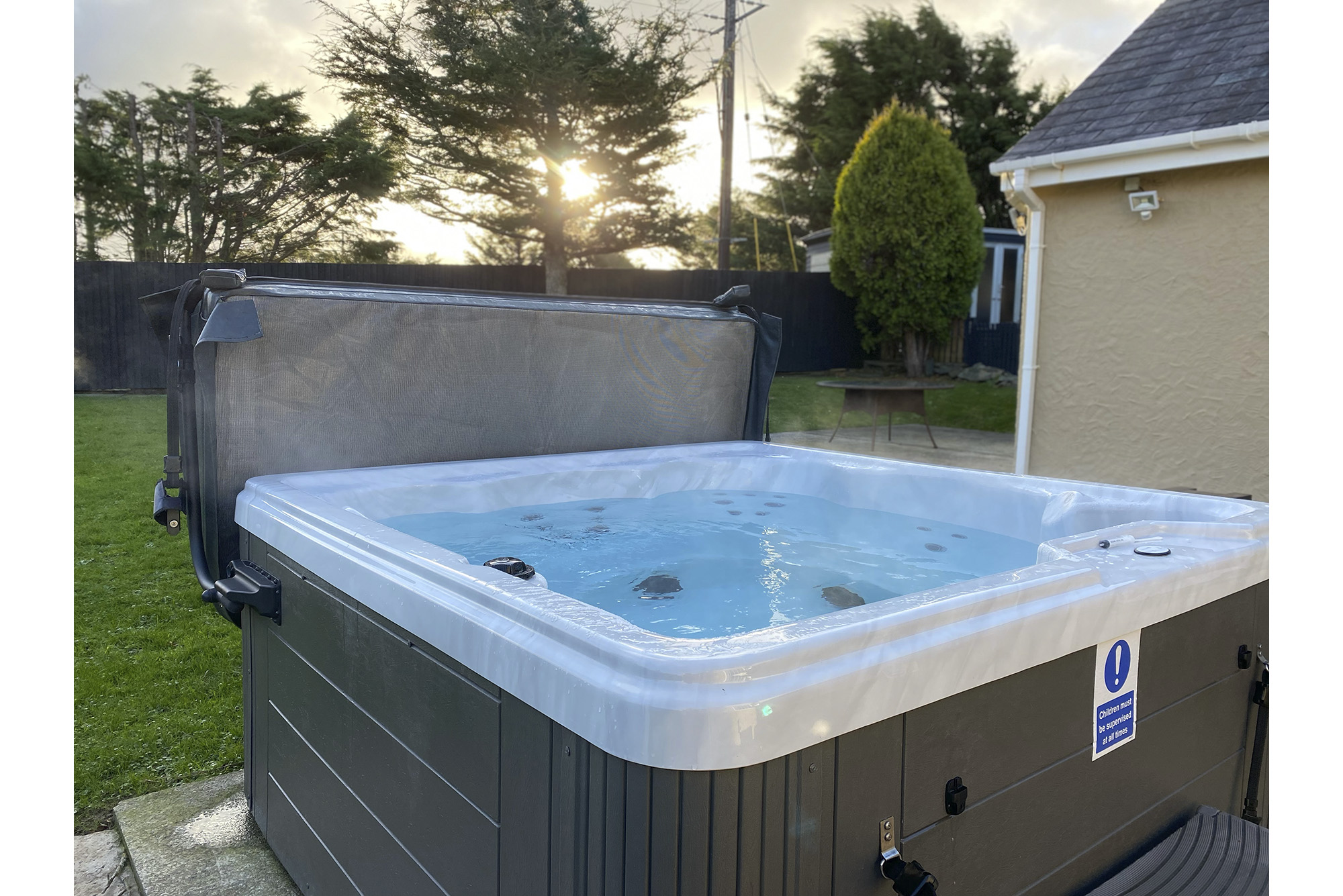Comprehensive Guide to Holiday Let Regulations
Brought to you by Coastal Holidays – Your Trusted Anglesey Holiday Letting Agent and Expert in Holiday Property Management in Anglesey
Coastal Holidays is proudly based in Anglesey, ensuring that local expertise and a deep understanding of the region’s unique holiday market are at your service. Every self-catering holiday home must meet specific legal requirements designed to protect both your guests and your investment. At Coastal Holidays, we specialize in holiday property management in Anglesey, ensuring that your property complies with all regulations while delivering a memorable guest experience. Although the rules can appear complex at first, understanding and applying them correctly makes managing your holiday let straightforward and rewarding.
What Sets Holiday Lets Apart from Long-Term Rentals?
Understanding the distinction between long-term rentals and holiday lets is key to ensuring you meet the correct legal requirements.
- Long-Term Rentals: Typically let for periods of six to twelve months (or longer), these properties follow a set of well-established, low-risk regulations.
- Holiday Lets: Offered as fully furnished accommodations for short stays—ranging from a few nights to several weeks—holiday lets must meet higher service standards. As an Anglesey holiday letting agent, Coastal Holidays ensures that every property is fully equipped to offer a safe, comfortable, and legally compliant guest experience.
Key Legal Areas for Holiday Let Compliance
Running a successful holiday let means navigating a range of regulations. Below is an overview of the primary areas to consider:
1. Planning Permission
- Existing Holiday Properties: Typically, no new planning permission is needed as long as there’s no change in the property’s use. However, always check your lease or conveyancing agreement for any restrictions. For further details, visit the UK Government Planning Portal.
- New or Modified Lets: If you’re converting a property or letting a part of it for the first time, contact your local authority to verify that you have the necessary permissions.
2. Specialist Holiday Let Insurance
Insurance tailored for holiday lets is vital:
- Building and Contents Insurance: Protects against property damage, accidents, and loss of income.
- Public Liability Insurance: Generally recommended at a minimum of £2 million cover to protect against claims if a guest is injured.
- Employers’ Liability Insurance: Essential if you employ staff to help run your holiday let.
For more information on specialist insurance options, you may refer to guidance from Coastal Holidays or speak with a trusted insurance provider.
3. Holiday Let Mortgages
Most standard residential mortgages do not cover short-term lettings. Coastal Holidays advises that you seek a mortgage product that is specifically designed for holiday lets and ensure that you have obtained the necessary permissions from your lender. For further details, consult resources such as the Money Advice Service.
4. Council Tax and Business Rates
If your property is available for rent for at least 20 weeks per year and physically let for a minimum of 70 days, it may transition from council tax to business rates. Understanding these details helps avoid unexpected costs. For detailed information, refer to the HMRC Guide on Business Rates for Holiday Lets.
5. Tax Regulations for Furnished Holiday Lets (FHL)
Qualifying as an FHL can offer benefits like Small Business Rate relief. Note that, following the Spring Budget announcement on 6th March 2024, the FHL tax regime will be phased out from 1st April 2025—so staying updated is crucial. For further guidance, check the HMRC Website.
6. Financial Record Keeping
Maintaining accurate records of all income and expenditures is a legal necessity. Many property owners benefit from the expertise of an accountant to ensure that tax returns are correct and that all allowances are fully utilized. Additional advice can be found on the HMRC Website.
7. Health and Safety Requirements
Creating a safe environment is non-negotiable:
- Risk Assessments: Regularly inspect your property for hazards such as unsecured stairways, trip risks, or inadequate emergency exits.
- Emergency Procedures: Provide clear instructions, including details on shutting off utilities, and display emergency contact numbers prominently.
For comprehensive guidance on health and safety, please visit the Health and Safety Executive (HSE).
8. Fire Safety Regulations
Implementing robust fire safety measures is essential:
- Fire Risk Assessments: Conduct regular evaluations of your property.
- Safety Equipment: Install interlinked smoke detectors, emergency lighting, fire extinguishers, and fire blankets.
- Compliance: Ensure that all upholstered furniture meets the Furniture and Furnishings (Fire) (Safety) Regulations 1988.
For further information on fire safety, you can review the HSE Fire Safety Guidance.
9. Gas and Electrical Safety
- Gas Safety: Annual inspections by a certified Gas Safe engineer are mandatory. Ensure that a CP12 certificate is provided and displayed for guest reference. For more details, visit the Gas Safe Register.
- Electrical Safety: Although not always legally required, regular testing (such as PAT testing) of electrical installations and appliances is highly recommended to avoid hazards. For additional information, please check the HSE’s Electricity Safety page.
10. Hot Tubs and Swimming Pools
If your holiday let includes amenities such as hot tubs or swimming pools, rigorous maintenance and safety measures are necessary:
- Hot Tubs: Follow HSE guidelines for inspections and maintenance. Visit the HSE Spa Pool Guidance for detailed advice.
- Swimming Pools: Secure the area with fencing, clear signage, and specific “pool rules” to minimize risks. For further safety advice, consult the HSE’s guidance on swimming pool safety.
11. TV, DVD, and Music Licensing
Providing in-house entertainment within your holiday let may require additional licenses:
- TV Licence: If guests can access live TV on any device, you’ll need a Hotel and Mobile Units Television Licence.
- DVD and Music Licences: Ensure that you have the appropriate licences if you supply DVDs or play copyrighted music. For more details on music usage requirements, you can visit PPL and PRS for Music.
Staying Up to Date with Legislation
At Coastal Holidays, we understand that holiday let regulations are continually evolving. As your dedicated Anglesey holiday letting agent, we keep you informed about legislative changes and provide ongoing support for holiday property management in Anglesey. Regular consultation of HMRC guidance (visit the HMRC Website), the HSE, and other authoritative sources such as VisitEngland is essential to staying compliant.
Conclusion
Managing a holiday let doesn’t have to be overwhelming. By breaking down each legal requirement—from planning permission and insurance to fire and gas safety—you can create a safe, compliant, and profitable holiday accommodation. Coastal Holidays is here to guide you every step of the way as your expert Anglesey holiday letting agent. Whether you’re new to the market or looking to refine your property management strategy, we’re ready to help you succeed in holiday property management in Anglesey.
For further information or personalized advice, contact Coastal Holidays today and let our experienced team assist you in navigating the complexities of holiday let regulations.
This guide now includes helpful links to external organisations such as the UK Government Planning Portal, HMRC, the Health and Safety Executive (HSE), the Gas Safe Register, and TV Licensing, among others, ensuring you have access to further detailed and authoritative resources.






